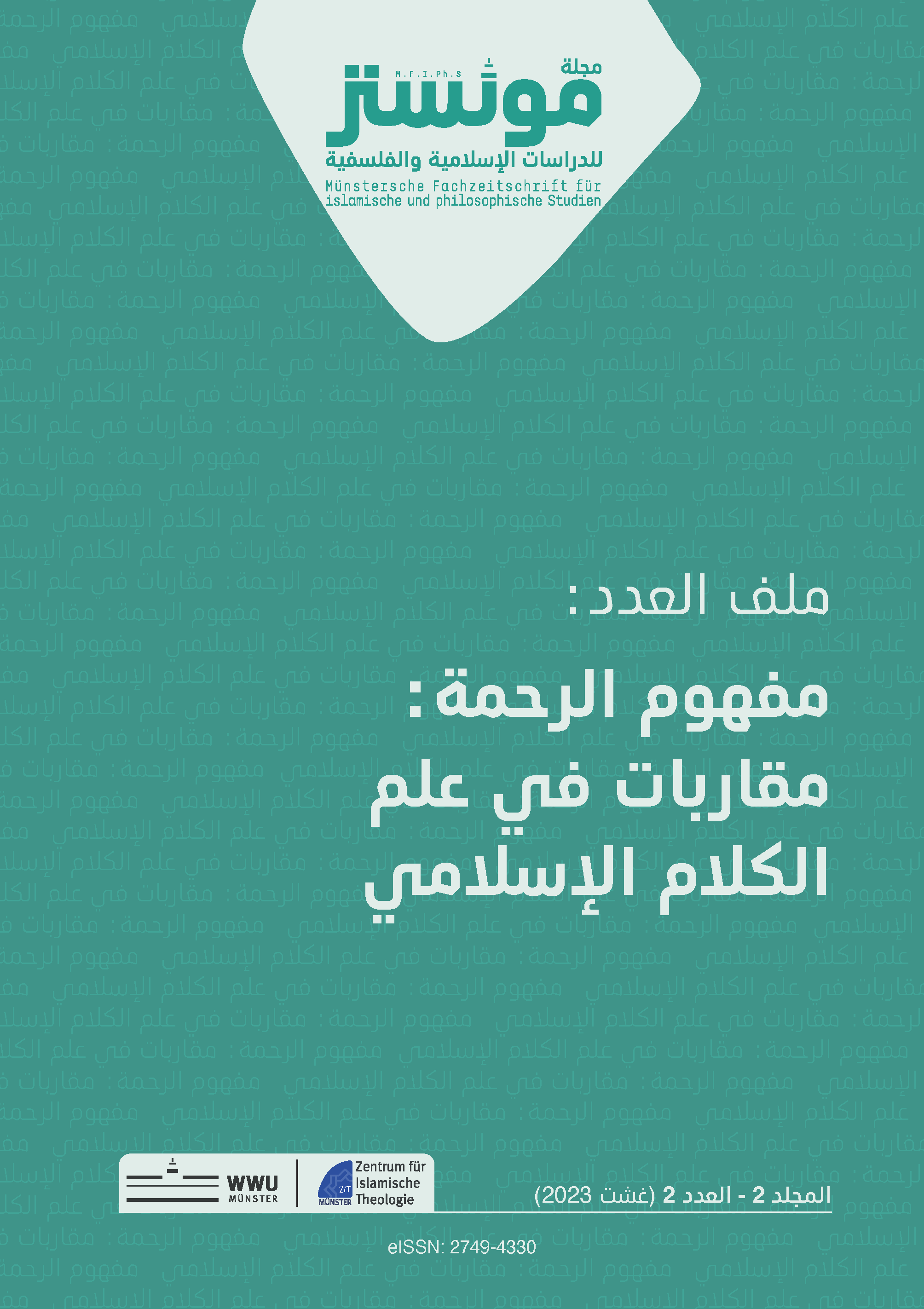Vol. 2 No. 2 (2023): The concept of mercy: Approaches in Islamic theology

The name of God “al-Raḥmān” The Merciful has roots in the Semitic languages. One of its meanings is “the loving God”. The Qur’ān has come to reinforce this meaning found in biblical texts and by intertextuality with them, as it distinguishes between the name of God “al-Raḥīm”, in the sense of mercy that forgives sins; and between “al-Raḥmān”, in the sense of love, which is a position that goes beyond mere compassion or forgiveness. The Qur’ān also intersects more closely with the New Testament, focusing on this latent meaning as the basis of the relationship between God and humans, where divine mercy is directed towards the love of humanity. This allows for the establishment of a theology of mercy, as is the case with the theology of love in the texts of the New Testament.
Can we today discuss the divine mercy as the foundation of the relationship between God and humans? And within which horizon can we do that?
Through this issue, we aim to reintroduce the concept of mercy to the Islamic theological debate, not in search of a mu'tazili, ash'ari or maturidi establishment of the concept of mercy, but rather to investigate in the history of ideas the reasons for the absence of mercy in the intellectual construction of Islamic discourse, and to search for other possibilities of establishing theological categories, including the “theology of mercy” on “the Bounds of Bare Reason”.
Münster Journal of Islamic and Philosophical Studies hopes that this issue will provide an opportunity for discussion among scholars interested in furthering the study of mercy from various theological and philosophical perspectives.



